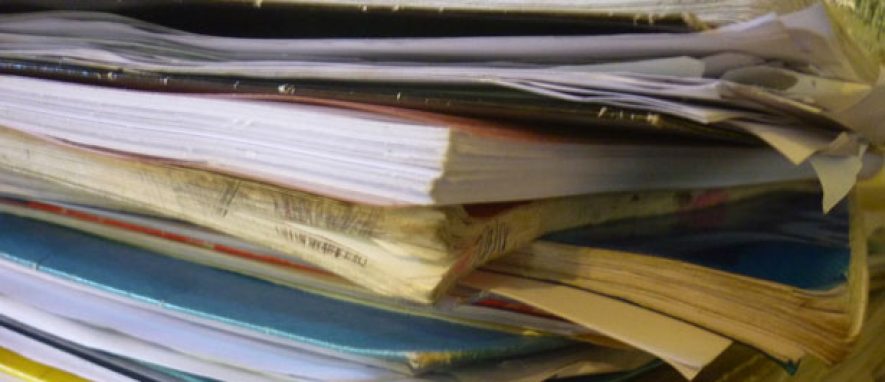I wrote a guest post for YALSA’s blog in November as part of a “Transforming Youth Services” series that I’ve been contributing to since last summer. If you would like to check out the blog itself, take a look here!
Adulting programs are generally geared towards older teens (16 -18) and emerging/new adults (19 – early 20s) and support these young patrons in developing life and college ready skills. News articles and similar commentary about library adulting programs appeared somewhat flippant and even disrespectful or disparaging of young adult attendees. Yet through such programming, libraries are providing a unique service which appeals to two underserved age groups and impacts their lasting success, health, and wellbeing.
Often times neglected in K-12 education and the home, teaching these critical skills not only benefits young adult patrons, but also parents, employers, and communities. YALSA’s The Future of Library Services for and with Teens: A Call to Action highlights a recent concern that young adults are lacking “an expanded set of skills that goes beyond traditional academic skills” (2014, p. 3). Alongside growing demands for problem solving, critical thinking, and media and digital literacies, youth need financial literacy, civil and social literacy, and task-based literacy (PA Forward, n.d.; White & McCloskey, 2004). Just to name a few.

via: North Bend Public Library
A new but related find for me is partnerships developing between public and university libraries to sponsor adult life skills programming. The Emporia Public Library and the ESU William Allen White Library hosted a series of workshops that brought in presentations and meet and greets with community leaders, and engaging activities on finances, managing stress, and experiencing living away from home for the first time. As public and university libraries combine strengths and resources, they reach and embolden even more youth who come from diverse backgrounds and with diverse needs.
Older teens and new adults are using their local libraries especially online but are often unaware of other library services available to them (Pew Research Center, 2014). Creating relevant and helpful programming is one step towards getting the 18-20 year olds into public libraries and encouraging lifelong library supporters. There are so many other terrific examples, a few of which I’ve included in the references and resources section below. I would encourage curious teen librarians and library staff to contact those who have run these programs and found success (or even missteps). While “adulting” may not sound as valuable as SAT studying or traditional college prep, these are the vital skills that promote teen development into healthy, thriving, and thoughtful adults.
References and Resources
Braun, L., Hartman, M. L., Hughes-Hassell, S., Kumasi, K., & Yoke, B. (2014). The Future of Library Services for and with Teens: A Call to Action. Chicago, IL: Young Adults Library Services Association.
Emporia University Libraries & Archives. (2017). Basic adulting 101: Welcome to adulthood program series. Retrieved from https://www.emporia.edu/libsv/adulting101
Lucas, T. (2017, March 22). Adulting 101. Programming Librarian. Retrieved from http://www.programminglibrarian.org/programs/adulting-101
PA Forward: Pennsylvania Libraries. (n.d.). What Are the Five Literacies? Mechanicsburg, PA: Pennsylvania Library Association. Retrieved from http://www.paforward.org/Portals/0/Docs/The%20Five%20Literacies.pdf
Pew Research Center. (2014, September 10). Younger Americans and public libraries. Retrieved from http://www.pewinternet.org/2014/09/10/younger-americans-and-public-libraries/
Redmond, K. (2017, July 14). Rockland millennials, grow up! Take “Adulting 101.” Lohud. Retrieved from http://www.lohud.com/story/news/2017/07/14/rockland-adulting-101/465260001/
Urban Dictionary. (2016 June 12). Adulting. Retrieved from https://www.urbandictionary.com/define.php?term=Adulting
White, S., & McCloskey, M. (n.d.). Framework: Literacy tasks. National Assessment of Adult Literacy (NAAL).Retrieved from https://nces.ed.gov/naal/fr_tasks.asp
